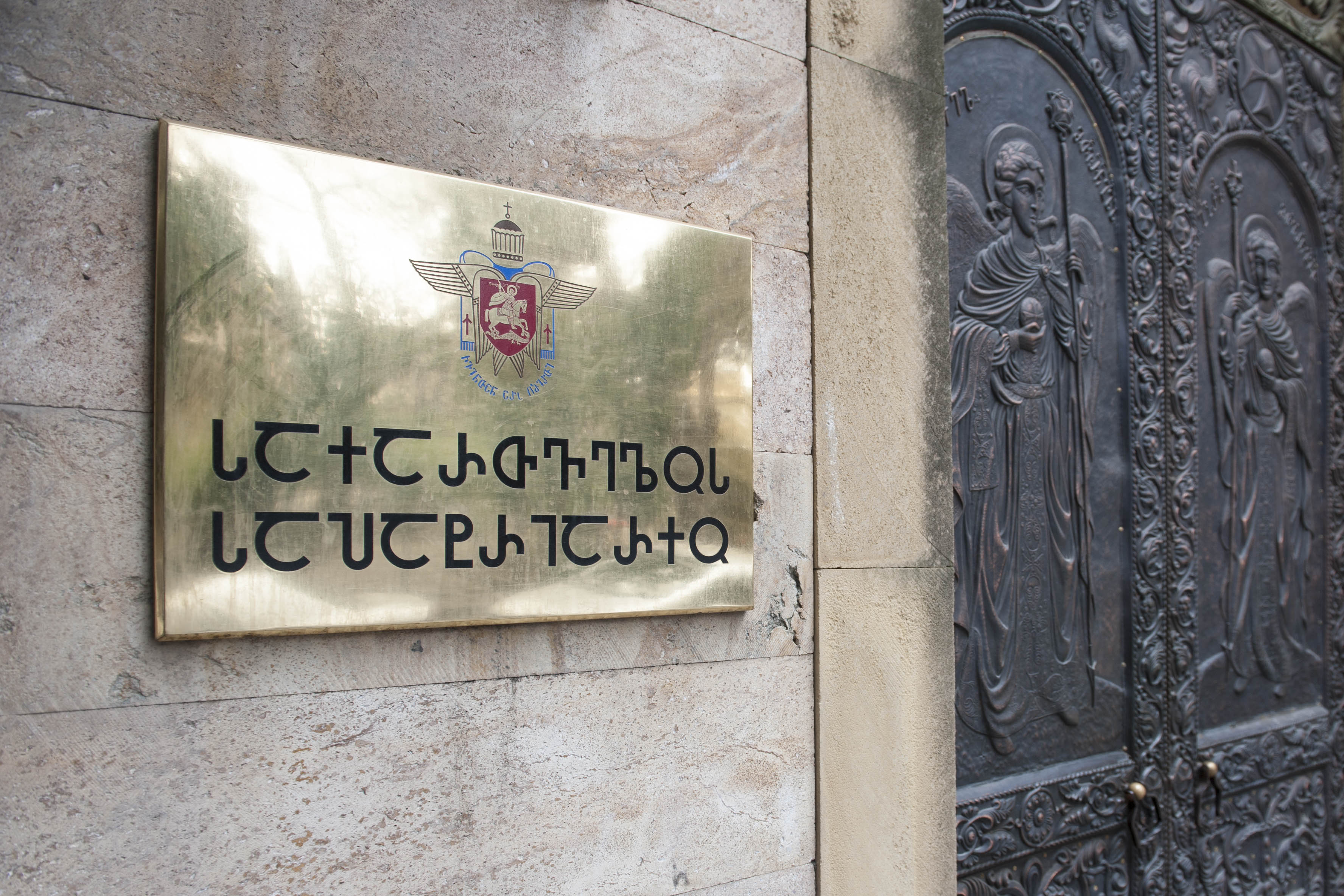
Parliament Passes Controversial Amendments to Forest Code of Georgia
On May 22, the Georgian Parliament endorsed the amendments to the Forest Code of Georgia with its third reading with 79 votes in favor and none against – amid strong criticism voiced by the civil society organizations.
According to the newly adopted law, Georgian Orthodox Churches and Monasteries, “based on Church’s request and through mediation of the Ministry of Environmental Protection and Agriculture” will be able to gain ownership of forest areas (no more than 20 ha) adjacent to their church houses.
The relevant amendment has also been made to the Law of Georgia on State Property, according to which “the area to be allocated to the churches and monasteries should be defined in a way it does not violate boundaries of existing forest liters.”
The parliamentary discussions came after the amendments to the Forest Code of Georgia were discussed by the environmental protection and natural resources committee on May 20.
Deputy Minister of Environmental Protection and Agriculture, Nino Tandilashvili, who presented the amendments, noted that under this law, the Orthodox Patriarchate will have “more obligations than rights.”
“These obligations involve restoration of forests, their sustainable management, employing forest specialists, carrying out an inventory, drawing up management plans and a number of other obligations,” she said.
The amendments to the Forest Code – except for some provisions – will enter into force from January 1, 2021.
CSOs’ response
The bill has triggered strong criticism from local civil society organizations. Tolerance and Diversity Institute (TDI), a religious rights watchdog, released several statements and called on lawmakers not to support the initiated amendments.
The organization argued that the legislative amendments “grant additional property and financial privileges to dominant religious organization, violate the constitutional principle of separating the state and religion and deepen inequality in respect of other religious groups of Georgia.
TDI plans to challenge the Parliament’s decision in the constitutional court.
Another local civil society organization, Human Rights Education and Monitoring Center (EMC) said that the legislative amendments “contradict the constitutional principle of legal state and equality.”
EMC noted that accumulation of large amounts of forest resources and lands in the hands of the Georgian Orthodox Church may infringe upon local farmers’ interests and trigger social and legal conflicts.
This post is also available in: ქართული Русский